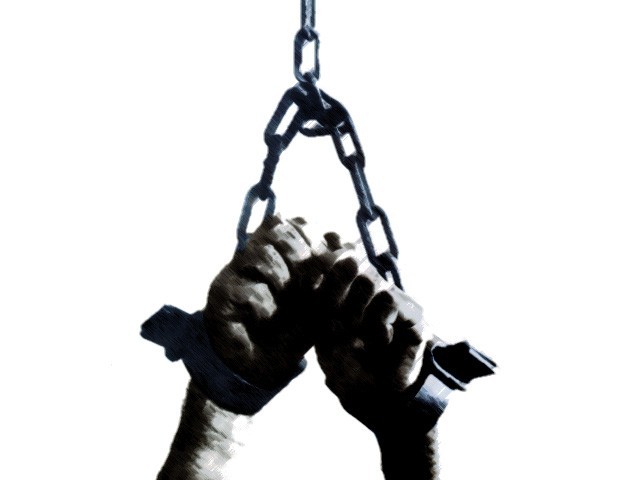The African National Congress (ANC), South Africa’s ruling party since the end of apartheid, has garnered approximately 40% of the vote in the country’s general elections, as over 99% of ballots have been counted, according to the Independent Electoral Commission (IEC) on Saturday.
This election result marks a historic shift as the ANC loses its parliamentary majority for the first time since the all-race vote of 1994, which ended the apartheid era and brought the party to power under Nelson Mandela. The latest count from the IEC reveals that with 99.16% of votes tallied from 23,096 out of 23,292 voting districts, the ANC leads with 6,344,057 votes, translating to 40.25%.
The ruling party’s support has dropped below the 50% threshold necessary to maintain its dominance in the National Assembly, which selects the president by a simple majority. This unprecedented decline in support means the ANC will likely need to form a coalition to stay in government and reelect President Cyril Ramaphosa for a second and final term. Parliament is required to convene within 14 days of the final election results to elect the president.
Millions of South Africans cast their votes on Wednesday in what has been the most fiercely contested election since the apartheid era ended in 1994.
John Steenhuisen’s Democratic Alliance secured around 21% of the vote, placing it second. The newly formed MK Party, led by former President Jacob Zuma who has turned against the ANC, came in third with just over 14% in its inaugural election. The Economic Freedom Fighters followed with just over 9%.
This shift in political dynamics indicates a new era in South African politics, where the ANC must navigate coalition governance to maintain its influence and continue its leadership in the nation.



